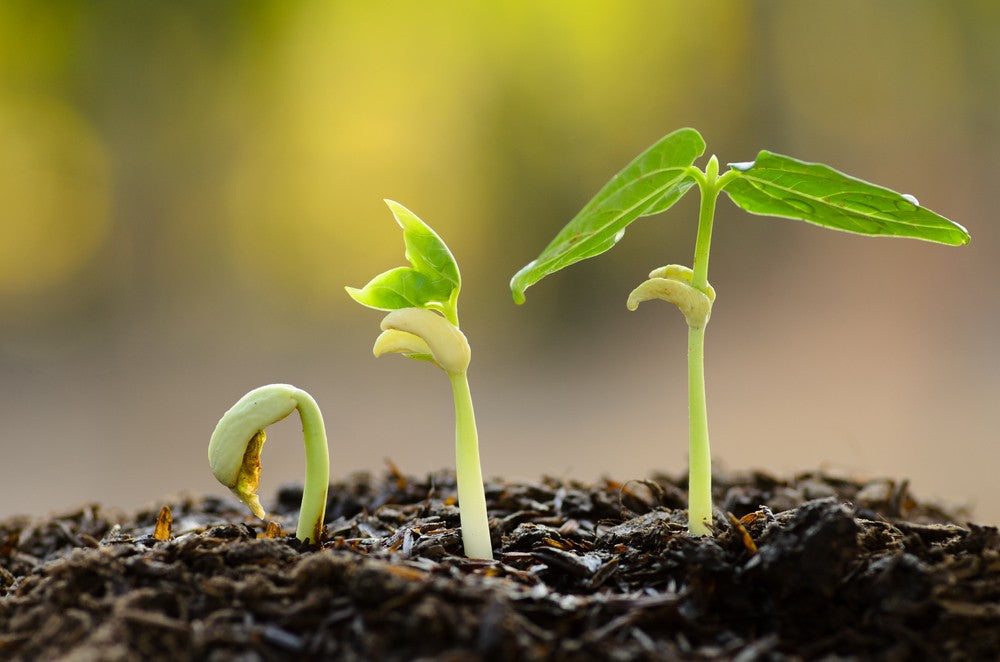Your Cart is Empty
Low concentrations of metal elements are essential for plant growth- a necessity that is accompanied by an ironic setback in which excessive amounts of these same elements in the soil can result in toxicity. Heavy metal toxicity has many detrimental effects on plant growth and senescence processes by modifying, disrupting, displacing, or blocking functions of biological systems.
Everyday compost from a variety of sources can be contaminated with such “heavy metals”. High levels of caution should be exercised when using local composts, mined nutrients, and soil amendments as they are often the originating sources of “heavy metals”, and thus should only be utilized with a full understanding of their chemical composition.
Fortunately, plants have some of their own mechanisms in place to increase resistance to toxicity- examples include storing toxins in the vacuole or transforming toxins into physiologically tolerant forms. How you ask? Glutathione (GSH), a small intracellular thiol molecule present in many plants and fungi, acts as a precursor of phytochelatins, and is a strong non-enzymatic antioxidant that helps in the chelating and thus transformation of toxic metals/metalloids.
This is where Trichoderma fungicome in as a crucial aid agent. Trichoderma fungi help plants enhance tolerance to abiotic stresses such as heavy metal contaminations by boosting glutathione synthesis in plants.
An 8 oz pouch of Mikrobs contains over 300 million Trichoderma spores. The highest quality Trichoderma strains included in Mikrobs can help you grow robust plants even in the harshest conditions.
Comments will be approved before showing up.
